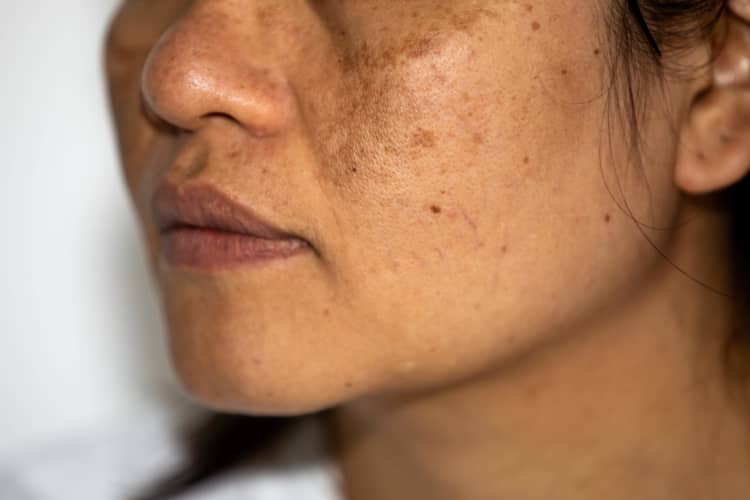You will be happy to know that there are now Non-Invasive Prenatal Tests (NIPT) available which can screen for not only sex chromosome abnormalities but also for Down syndrome and other genetic disorders caused by extra or missing chromosomes in the baby's DNA.
The more well known ones available are Harmony and Panorama Tests. During pregnancy, some fetal DNA crosses into the mother's bloodstream and a simple blood test performed on the mother from 9 weeks onward is able to screen for any evidence of these chromosomal abnormalities. The results will be back in about 10 to 14 days.
The sensitivity, specificity and negative predictive values for these tests are generally very good. Remember that these are still screening tests so if you are found to be at high risk for one of the sex chromosome abnormalities, then a diagnostic invasive test in the form of amniocentesis or chorionic villus sampling (CVS) can be offered to confirm the diagnosis.



